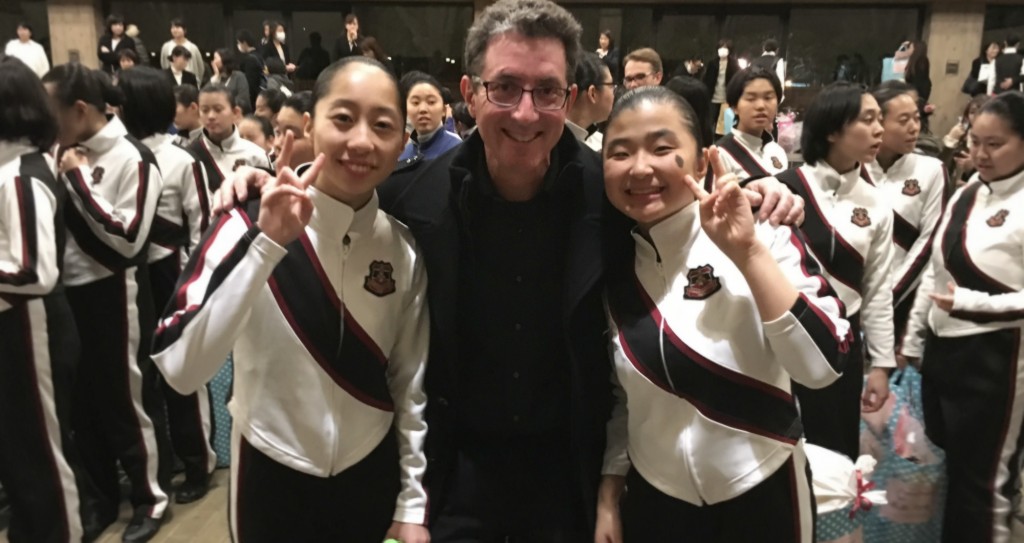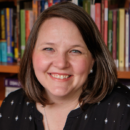Page 307 • (5,515 results in 0.091 seconds)
-
study away programs to acquire new perspectives on critical global issues, advance their language and intercultural skills, form valuable new contacts and lasting connections, and advance their academic and career trajectory. We are excited that students were able to travel more widely in the world following the pandemic. The Annual Wang Center Photo Contest is an opportunity for #LutesAway students to reflect upon their study away experience and provides a way for students to share the world’s
-
here to printFirst Year ExperiencePLUS 100; Transition to PLU (1): Students will learn to identify and overcome unforeseen barriers in adjusting to college academic and social life. After completing PLUS 100: Students will identify resources, develop strategies, and hone skills and capacities for college success. Students will explore community connections, academic support, and personal wellness within the context of the PLU values of diversity, justice, and sustainability (DJS). FYEP 101; the
-
have taught in the University for a cumulative of 71 years. The collective 100 years represents each artist/teacher with more than 50 years of devotion to the visual arts, which began in high school, intensified in undergraduate work, became truly refined in graduate school, with MFA’s in studio art and continued for 30+ years of exhibiting and teaching. Dennis Cox’s career has involved drawing, printmaking and watercolor; his work focuses on the human figure, people and the human condition with a
-

helping others learn, but also to help others teach. The value of the group-effort is that we are all responsible for each other. Students end up teaching just as much as the conductor or director.” In Japan, the band director comes to shape the music at the end after the girls have had individual practice, learned their music, had group sectionals and warmed up on their own. The group culture of students in Japan is in contrast to the individual culture of things in the U.S. Gerhardstein sat with
-
(University Photographer) Hauge Admin lobby or Red Square 11:15-12:00 | Who are the students you will encounter on the first day of class? Who will help you respond to student needs? Kristin Plaehn (Executive Director of the Center for Student Success) Dr. Eva Frey (Dean of Students) 12:00 | Break before lunch 12:15 | Lunch is served in AUC Regency 1:00 | Inclusive Pedagogy and The Culture of Teaching and Learning at PLU Dr. Jennifer Smith (Dean of Inclusive Excellence; Gender, Sexuality and Race Studies
-
has been really accepting and open-minded. People can really be themselves here.” His experience playing on the men’s soccer has been a great teaching experience, he said. Nicknamed “uncle” by the younger players – which are just about everyone – Taylor has been teaching fellow players Spanish and picking up some Norwegian. “Each transfer student is different, but that is why they are so valuable,” Pretty said. “Every individual journey they have taken makes the PLU community that much stronger
-
. In the Spring of 2020, Dr. Llewellyn Ihssen was teaching two classes of Early Christian History. When the pandemic struck, Dr. Llewellyn Ihssen took her sixty students and moved them all to a distanced format immediately. Her main goals were to be in contact with students and to be extremely transparent during the entire process. This meant she took seriously the university’s concerns about what the pandemic would mean for classes, and gave her students plenty of warning before moving forward in
-
from a systemic framework. a. Receive an “Admittance” outcome for the “Entrance into Clinical Practica” interview process which includes an evaluation of systemic knowledge from MFTH 503. Benchmark: 80% b. Pass the Oral Final Exam in MFTH 507. Benchmark: 80% c. Complete MFTH practica and theory course sequence with passing grades. Benchmark: 80%2A. Students and graduates will demonstrate an understanding of contextual issues and approach treatment with sensitivity towards race and ethnicity, gender
-
living human beings or their private records, you should complete our diagnostic pre-survey in Mentor and/or consult with the HPRB to determine whether to submit your project. Start with our Step-by-Step Guide. Step 1 covers this question: Students can find information here. Faculty can find information here. Still have questions? Please contact your Unit Designate or email hprb@plu.edu.I’m in Nursing. How do I know if I’m doing research, QI, or both?If you are in Nursing, see the section on QI
-

Tiffany M. Artime Department Chair, Psychology Email: artimetm@plu.edu Curriculum Vitae: View my CV Professional Biography Additional Titles/Roles Associate Professor of Psychology Education Ph.D. with a Specialization in Trauma Studies, Clinical Psychology, University of Missouri-St. Louis, Saint Louis, MO, 2013 M.A., Clinical Psychology, University of Missouri-St. Louis, Saint Louis, MO, 2010 B.A. with Honors, Psychology, Seattle Pacific University, 2005 Selected Publications Artime, T.M
Contact Information
Do you have any feedback for us? If so, feel free to use our Feedback Form.


